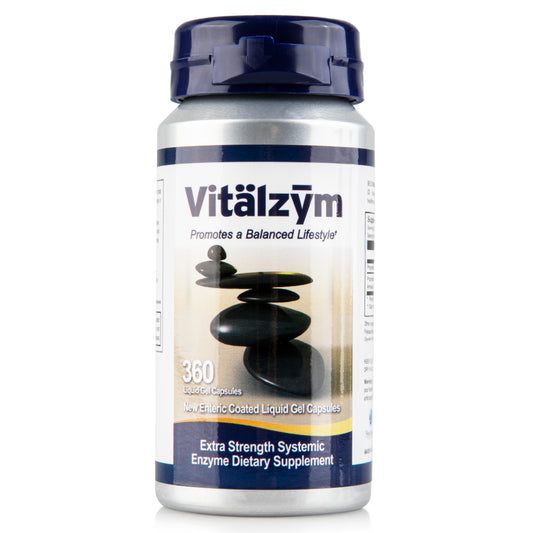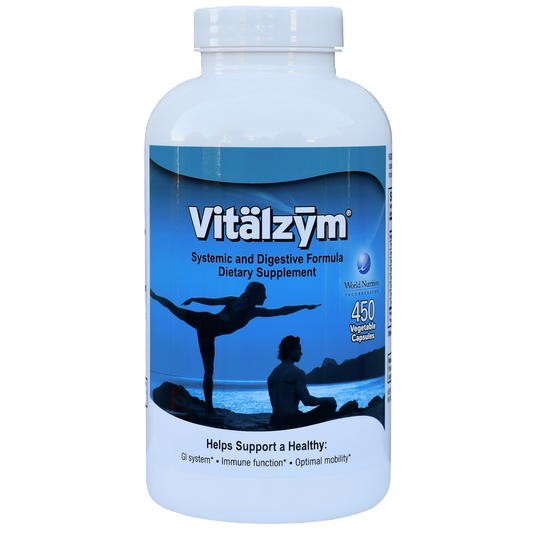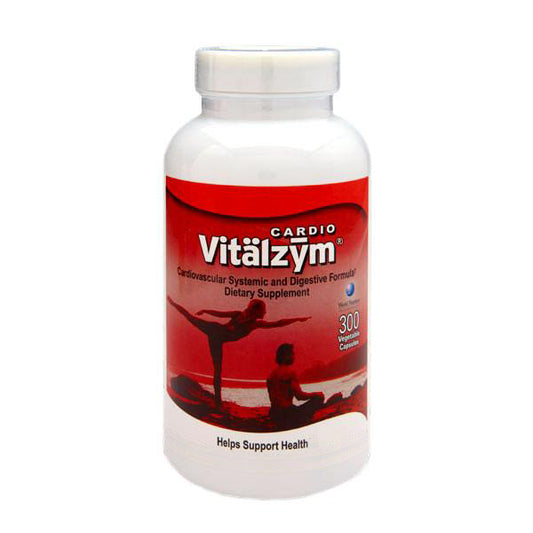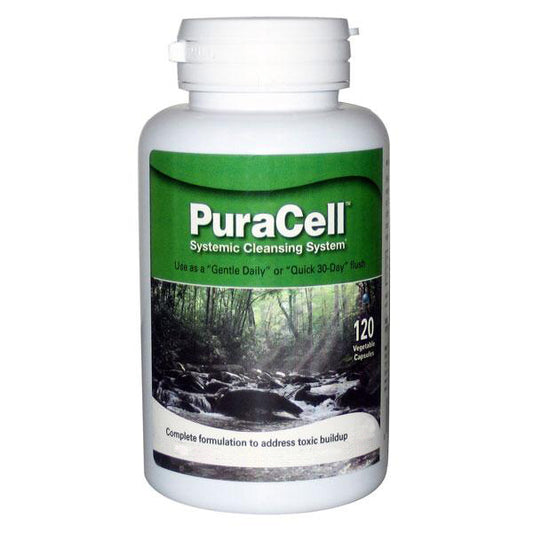Finding an effective and natural remedy can be a game-changer for those who frequently experience the burning sensation of heartburn. Amidst the myriad solutions available, papaya enzyme is a promising option. Known for its digestive properties, this enzyme derived from the tropical fruit papaya is being hailed for its potential to alleviate heartburn symptoms. This article explores the science behind papaya enzyme for heartburn, shedding light on its benefits, usage, and why it might be the natural solution many have been searching for.
What Is Heartburn?
Heartburn is a common digestive disorder characterized by a burning sensation in the chest, often accompanied by a sour or bitter taste in the mouth. This discomfort typically occurs when stomach acid flows back into the esophagus, irritating its lining. Factors such as overeating, consuming spicy or fatty foods, caffeine, alcohol, and stress can trigger heartburn. While occasional heartburn is not usually a cause for concern, frequent episodes may indicate a more serious condition known as gastroesophageal reflux disease (GERD). Understanding the causes and symptoms of heartburn is essential for finding effective relief and preventing long-term complications.
What Are Common Causes Of Heartburn?
Overeating
Overeating can lead to heartburn by putting excessive pressure on the stomach, causing stomach acid to back up into the esophagus, and sometimes requiring the relief provided by an antacid. When the stomach is overly full, the lower esophageal sphincter (LES), which acts as a barrier between the stomach and esophagus, may not close properly. This malfunction allows acid to escape, resulting in the characteristic burning sensation of heartburn.
Spicy and Fatty Foods
Spicy and fatty foods are common culprits of heartburn. Spices such as chili, pepper, and certain seasonings can irritate the esophagus, while high-fat foods can slow down digestion, increasing the likelihood of acid reflux. These foods can weaken the LES, making it easier for stomach acid to travel back into the esophagus and cause discomfort.
Caffeine and Alcohol
Caffeine and alcohol are known to relax the LES, making it easier for stomach acid to escape into the esophagus. Beverages like coffee, tea, and soda, as well as alcoholic drinks, can exacerbate heartburn symptoms. Additionally, alcohol can increase stomach acid production, further contributing to the problem.
Stress
Stress is a significant factor that can trigger heartburn. When under stress, the body produces more stomach acid, and the digestive process can become disrupted. Stress can also lead to behaviors such as overeating or consuming trigger foods, which can further aggravate heartburn symptoms. Managing stress through relaxation techniques and lifestyle changes can help reduce the frequency and severity of heartburn episodes.
Lying Down After Eating
Lying down immediately after eating can cause heartburn by allowing stomach acid to flow more easily into the esophagus. Gravity helps keep stomach acid in place, so this natural barrier is compromised when lying down. It is advisable to wait at least two to three hours after eating before lying down to minimize the risk of heartburn.

Is Papaya Enzyme Good For Heartburn?
Papaya enzyme, specifically papain, is considered beneficial for heartburn due to its natural digestive properties. Papain aids in breaking down proteins in the stomach, promoting more efficient digestion and reducing the likelihood of acid reflux. By enhancing the digestive process, papaya enzyme can help alleviate the symptoms of heartburn, such as the burning sensation and discomfort in the chest. Additionally, papaya enzyme is a natural remedy, making it an attractive option for those seeking alternatives to pharmaceutical treatments. While individual results may vary, many users report significant relief from heartburn symptoms when incorporating papaya enzyme supplements into their routine.
How Papaya Enzyme Helps With Heartburn
- Enhances Protein Digestion: Papaya enzyme helps break down proteins in the stomach, making digestion more efficient. This reduces the amount of undigested food that can contribute to acid reflux and heartburn.
- Reduces Stomach Acid Production: By aiding in the digestive process, papaya enzyme can help balance stomach acid levels. Efficient digestion means the stomach doesn't need to produce excessive acid, which can otherwise back up into the esophagus and cause heartburn.
- Supports Lower Esophageal Sphincter Function: Papaya enzyme may help improve the function of the lower esophageal sphincter (LES), the muscle that prevents stomach acid from flowing back into the esophagus. A well-functioning LES reduces the risk of acid reflux and heartburn.
- Alleviates Inflammation: Papain has anti-inflammatory properties that can soothe the irritated lining of the esophagus caused by acid reflux. This can help reduce the burning sensation and discomfort associated with heartburn.
- Promotes Overall Digestive Health: Regular use of papaya enzyme supplements can improve overall digestive health, making the digestive system more efficient and less prone to issues like heartburn. A healthier digestive system is better equipped to handle potential triggers of acid reflux.
What Enzyme Is Good For Acid Reflux?
Papain, an enzyme derived from papaya, is particularly effective for managing acid reflux. This proteolytic enzyme aids in the breakdown of proteins in the stomach, facilitating smoother digestion and reducing the likelihood of undigested food causing acid reflux. By enhancing the digestive process, papain helps maintain balanced stomach acid levels, preventing excessive acid production that can lead to reflux. Additionally, papain supports the function of the lower esophageal sphincter (LES), the muscle responsible for keeping stomach acid from entering the esophagus. Its anti-inflammatory properties also soothe the esophageal lining, alleviating the discomfort associated with acid reflux. Thus, papain stands out as a beneficial enzyme for those seeking natural relief from acid reflux symptoms.
Comparisons With Other Remedies
- Papaya Enzyme vs. Antacids: While antacids provide quick relief by neutralizing stomach acid, papaya enzyme aids in digestion, addressing the root cause of acid reflux. Antacids may offer temporary relief, but papaya enzyme promotes long-term digestive health.
- Papaya Enzyme vs. Proton Pump Inhibitors (PPIs): PPIs reduce stomach acid production to prevent reflux, but long-term use can lead to nutrient deficiencies and other side effects. Papaya enzyme, on the other hand, enhances natural digestion without significantly altering stomach acid levels.
- Papaya Enzyme vs. H2 Blockers: H2 blockers decrease acid production and provide longer relief than antacids, but they can cause side effects like headaches and dizziness. Papaya enzyme offers a natural alternative with fewer side effects, focusing on improving digestive efficiency.
- Papaya Enzyme vs. Ginger: Ginger is another natural remedy known for its anti-inflammatory properties and ability to soothe the digestive tract. While both are effective, papaya enzyme specifically targets protein digestion, making it particularly beneficial for those with protein-heavy diets.
- Papaya Enzyme vs. Apple Cider Vinegar: Apple cider vinegar is believed to balance stomach pH and improve digestion, but its acidic nature can sometimes exacerbate heartburn. Papaya enzyme is less likely to cause irritation and is generally easier on the stomach.
- Papaya Enzyme vs. Lifestyle Changes: Lifestyle changes such as diet modification, weight loss, and avoiding trigger foods are essential for managing heartburn. Papaya enzyme can complement these changes by enhancing digestion and providing additional relief from heartburn symptoms.
Conclusion
In conclusion, papaya enzyme emerges as a promising natural remedy for heartburn, offering a holistic approach to digestive health. By enhancing protein digestion, reducing stomach acid production, and supporting the function of the lower esophageal sphincter, papaya enzyme addresses the root causes of acid reflux. Its anti-inflammatory properties further alleviate the discomfort associated with heartburn, making it a viable alternative to conventional treatments like antacids and proton pump inhibitors. For those seeking a natural, effective solution to heartburn, incorporating papaya enzyme supplements into their routine can lead to significant relief and improved overall digestive well-being.
Final Thoughts
Elevate your vitality with Vitalzym Extra Strength, an advanced enzyme supplement from World Nutrition. Utilizing the benefits of papain from papaya, this vegetarian-friendly formula enhances enzyme levels, strengthens immune function, speeds recovery, and supports blood circulation. With a powerful mix of serrapeptase, bromelain, and essential ingredients, Vitalzym leads you to a healthier, more vibrant life. Experience the transformative power of World Nutrition's papaya-infused products and unlock superior well-being.*
Sources
- https://en.wikipedia.org/wiki/Heartburn
- https://www.tums.com/amp/can-stress-cause-heartburn.html
- https://www.straitstimes.com/life/festive-overeating-and-hot-weather-can-lead-to-acid-reflux
These statements have not been evaluated by the food and drug administration (FDA). These products are not intended to diagnose, treat, cure, or prevent any disease.







